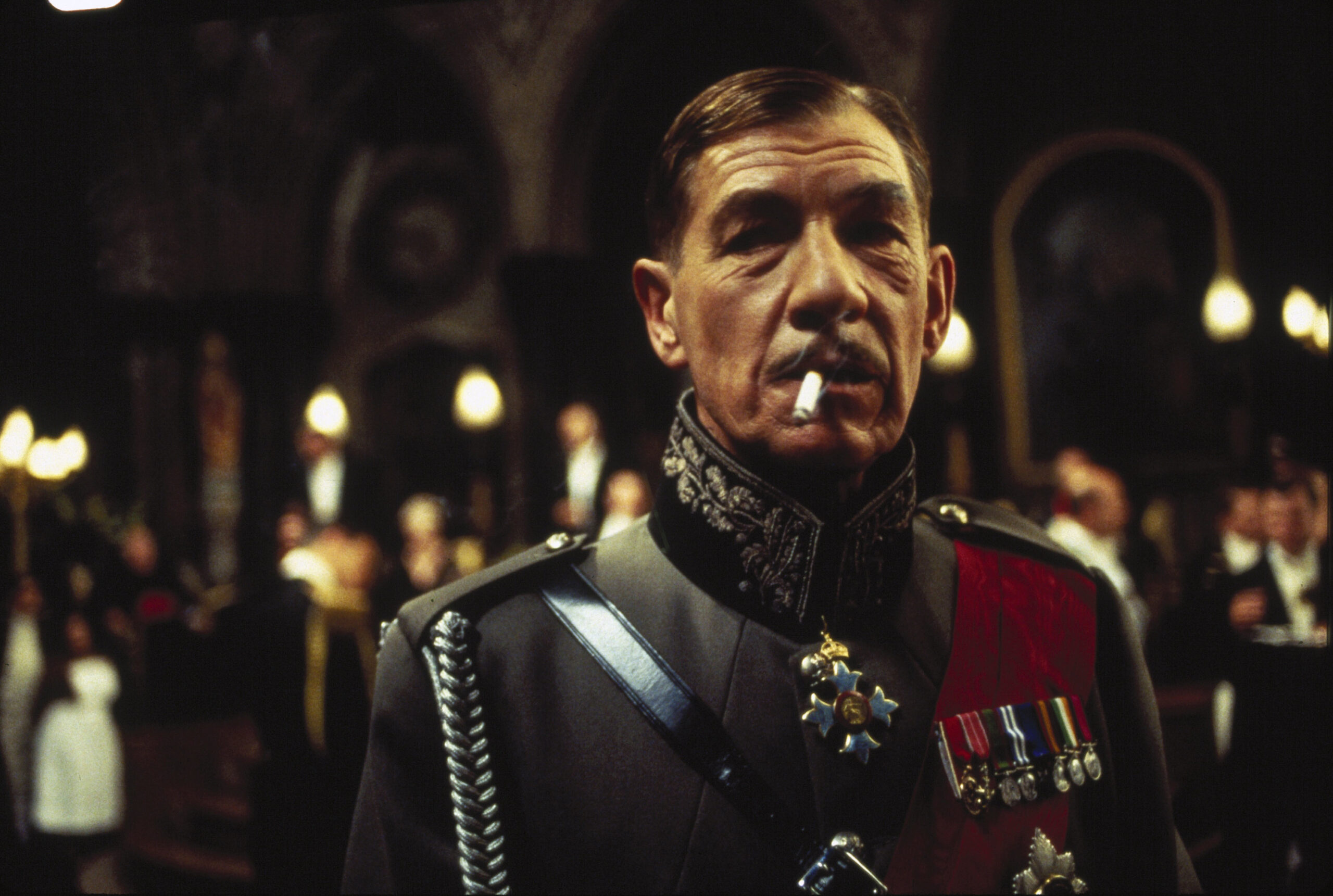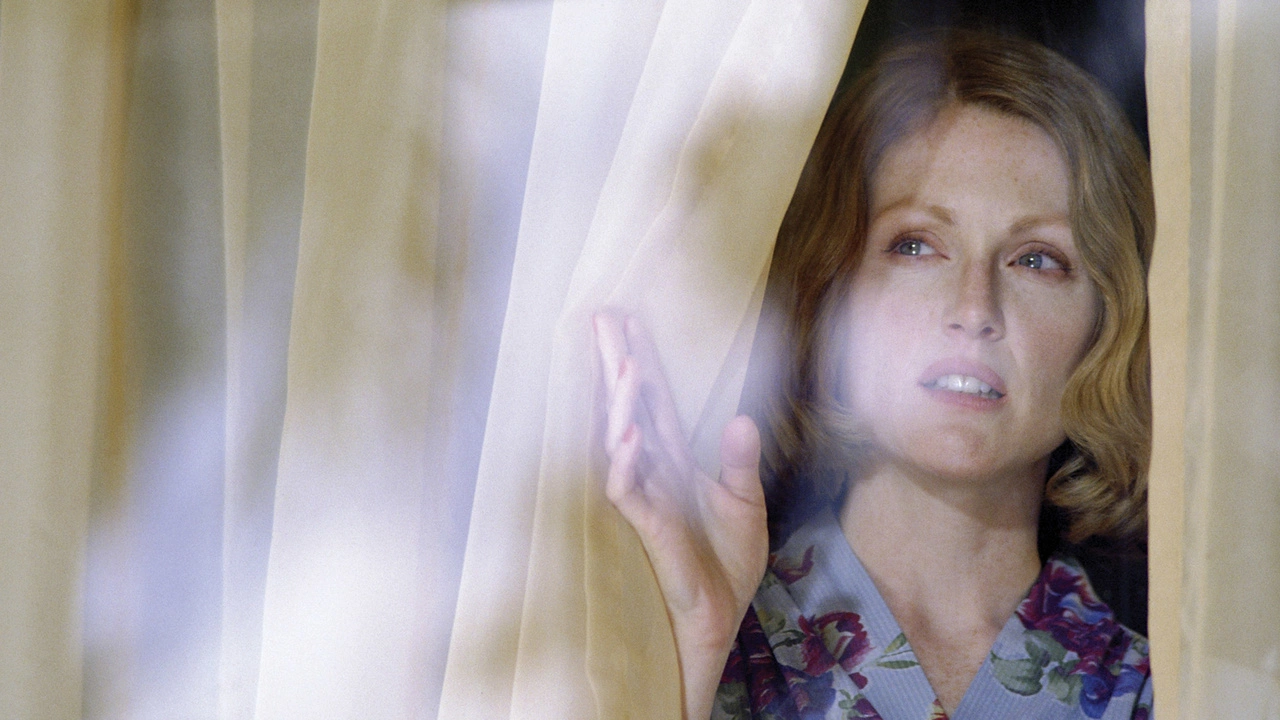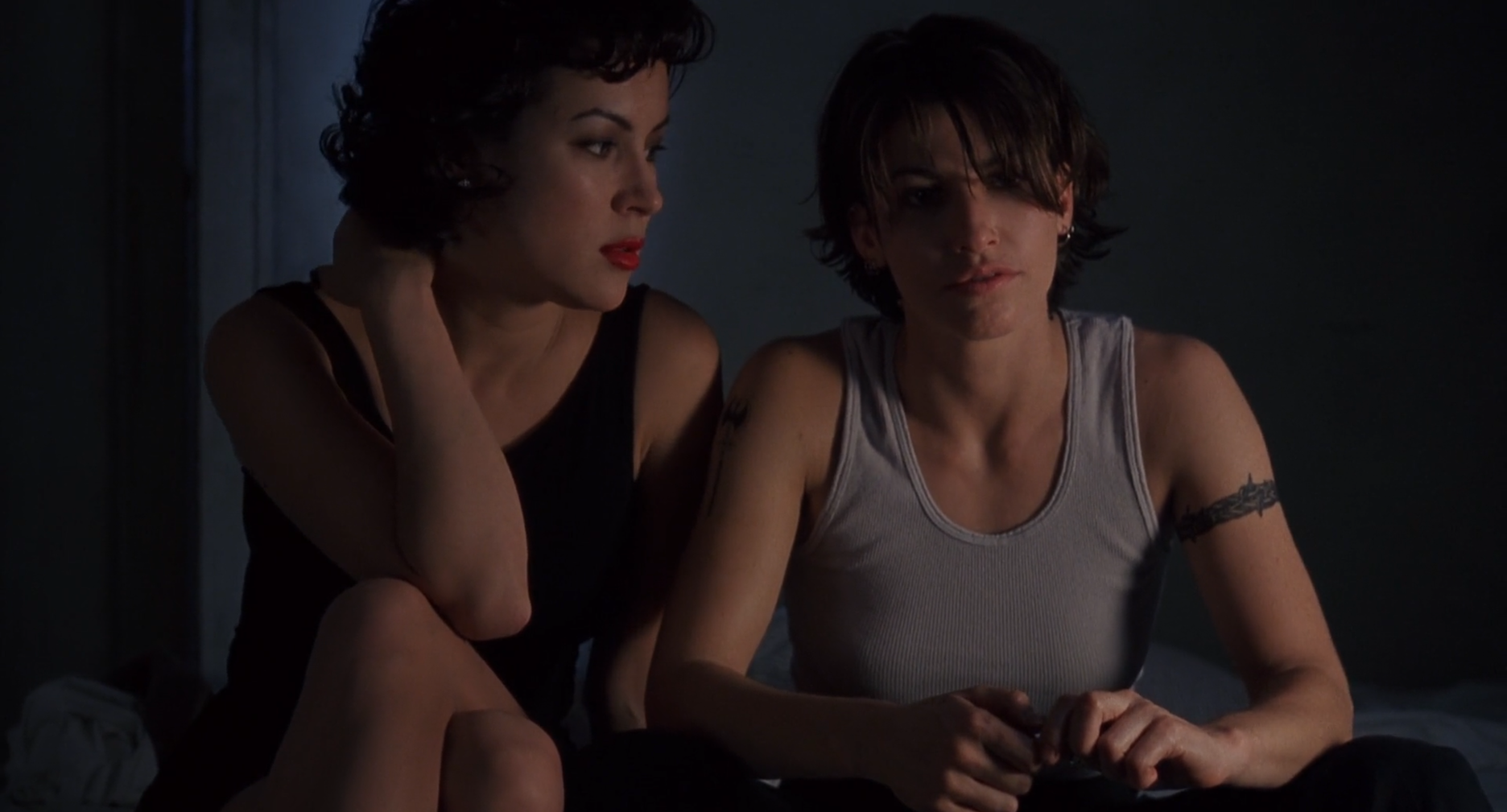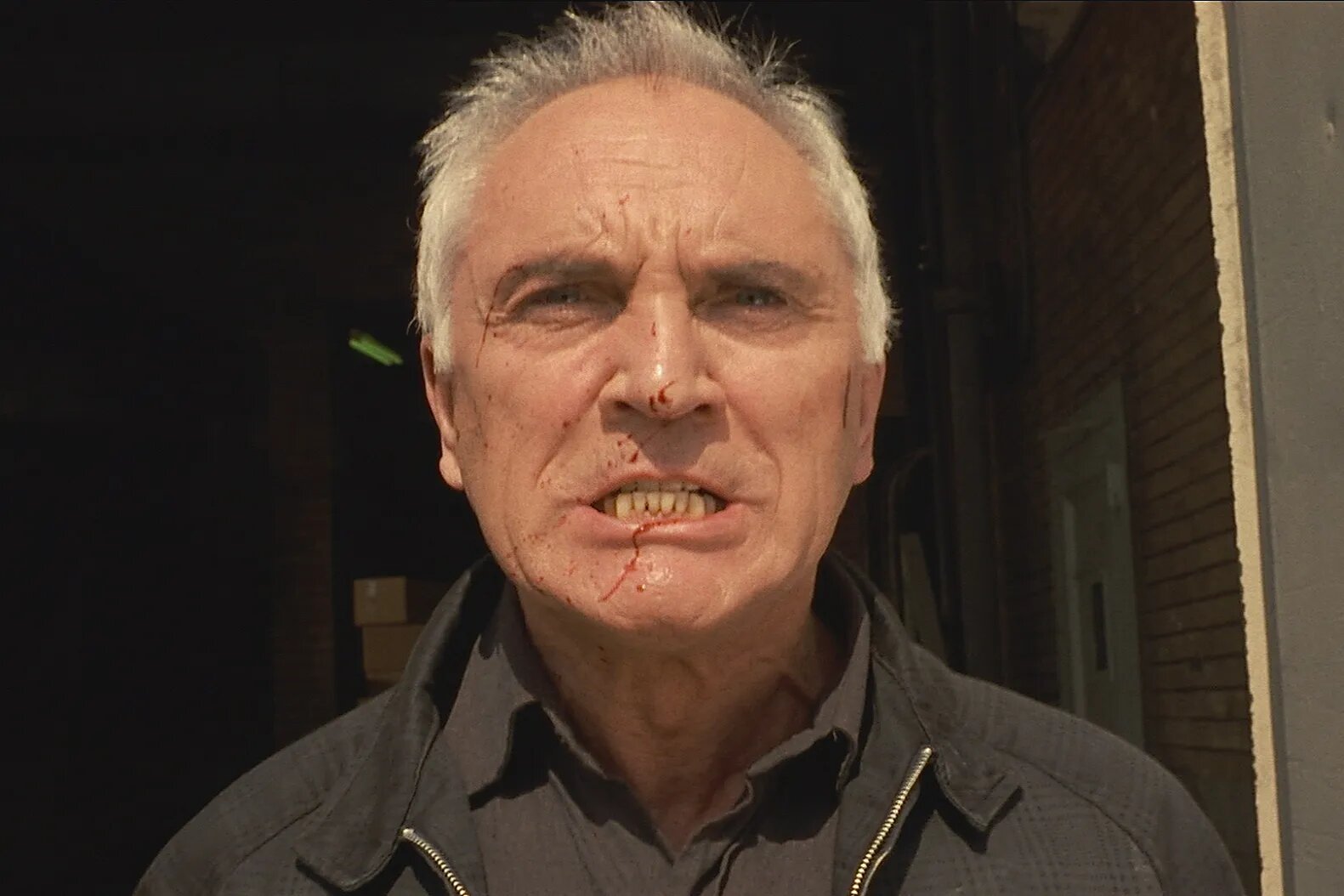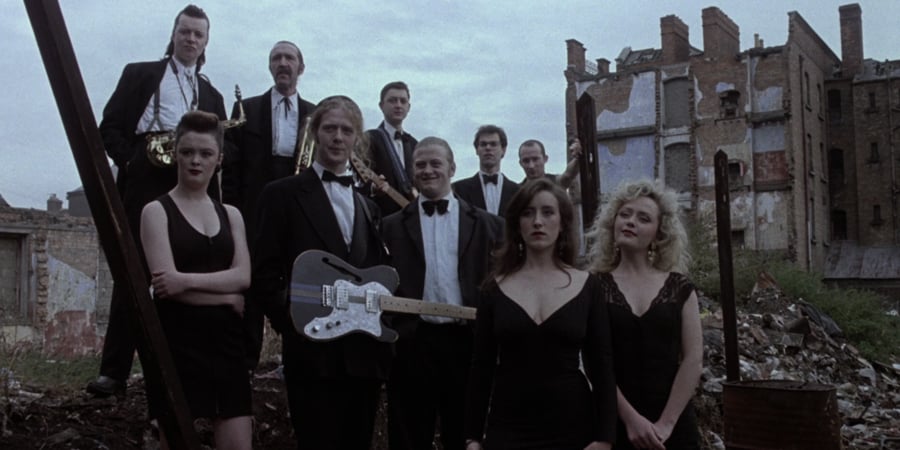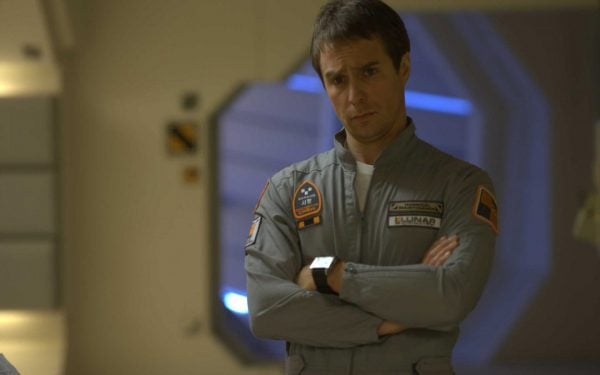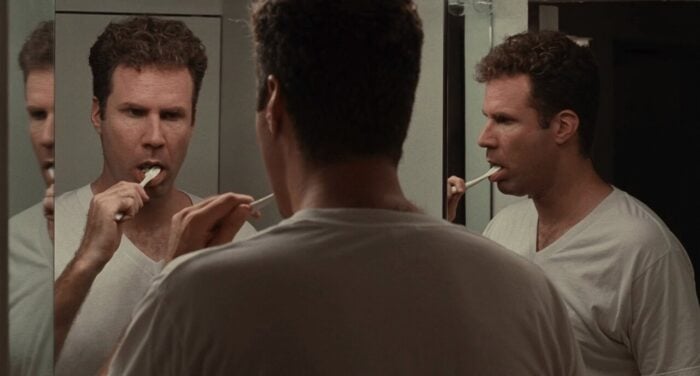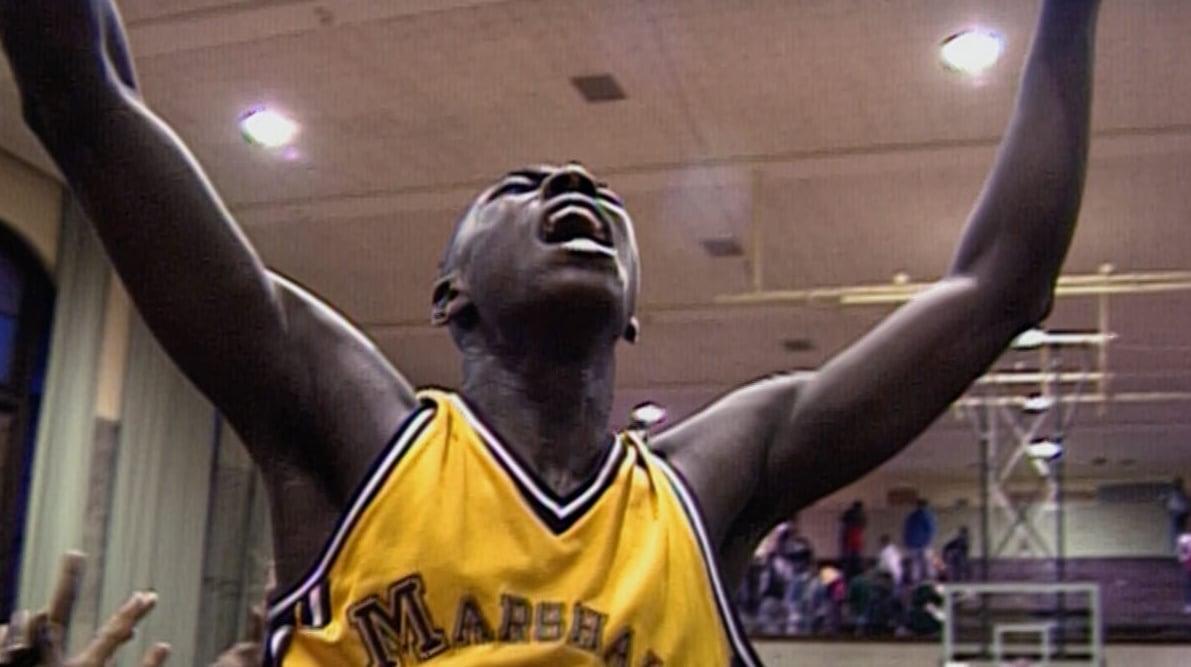
100 Best Movies on Pluto TV Right Now
April 18, 2025
Share:
Pluto TV has quickly ramped up its licensing deals to have a great collection of quality films. And the best part is that you don’t have to pay anything to watch these, as Pluto, like Youtube, is ad-supported. Here, we count down the best movies that you can watch for free on Pluto TV.
Read also:
31. Smoke (1995)
Genres
Director
Actors
Moods
Like a long, slow drag of a cigar, Smoke is a patient pleasure. Adam Holender’s leisurely lingering camera and the film’s relaxed editing allow us to savor the actors’ performances and the thoughtful script uninterrupted, trusting in their ability to captivate us. And captivate us is exactly what novelist Paul Auster’s screenplay and the film’s superlative ensemble do.
The film kicks off in Auggie Wren’s (Harvey Keitel) Brooklyn smoke shop, where myriad customers linger to chat and unexpected friendships form. The serendipitous network around which Smoke revolves unfurls gradually, like a curling wisp of smoke: Auggie’s patron Paul (William Hurt), a writer’s block-struck novelist grieving the violent death of his pregnant wife some years ago, has his life saved by Harold Perrineau’s Rashid, the estranged 17-year-old son of a struggling mechanic (Forest Whitaker). Ashley Judd and Stockard Channing also feature in Auggie’s portion of the film, one of its five loose vignettes (although the film flows much more fluidly than a chapterized structure suggests). Auster’s contemplative, dialogue-driven screenplay — along with the film’s unhurried editing and luxuriating cinematography — make Smoke a gorgeous example of the art of savoring, which is exactly what you want to do with this wonderful movie.
32. Richard III (1995)
Genres
Director
Actors
Moods
One of Shakespeare’s most indelible works is brought roaring to life in this explosive adaptation. The action is transposed from the 1400s to brutalist 1930s England, with the bloody civil war between the houses of Lancaster and York being waged by tanks and planes instead of cavalry. The switch isn’t merely cosmetic, though: in an inspired move, usurper Richard is reimagined here as the fascist head of an army of Nazi-esque Blackshirts (an analog of real militant far-right leader Oswald Mosley). Ian McKellen, who also co-wrote the screenplay, gives an odious but brilliant performance as the titular Machiavellian schemer who will stop at nothing to seize the crown, even betraying his own blood.
McKellen is joined by a gluttony of acting talent: Maggie Smith plays the King’s despairing mother, Annette Bening and Robert Downey Jr. are the unfortunate American queen and her brother, while the likes of Jim Broadbent, Bill Paterson, Kristin Scott Thomas, and Jim Carter fill up the royal court. All the richness of Shakespeare’s original writing is retained, charging the performances and the film around them with a grand sense of drama. Peter Biziou’s ostentatious cinematography is a perfect frame for it all, and helps cement this as much, much more than a piece of filmed theater.
33. The Hours (2002)
Genres
Director
Actors
Why do we stay alive? Do we owe it to people to stay alive? Not everyone thinks about these existential questions, and even less are obsessed with them. But the characters in The Hours, who span centuries, do. It’s one of the few things that tie them together, along with female malaise and a love for literature. The film is so seamlessly stitched together, you barely notice when it slips into another era, or speaks to us through another character. It feels natural to jump into different timelines and collect all these different memories and observations, in the same way it feels natural for everything to happen all at once in life. Some reviews claim that, because of the dark themes the film covers, it can be hard to watch, but I don’t think I’ve had an easier time watching anything. The script is poetic, the performances heart-wrenchingly good (what a trio!), and the editing so smooth. This is a thoughtful film through and through, not just in content but in delivery too.
34. Bound (1996)
Genres
Director
Actors
Moods
Three years before the Wachowskis released The Matrix, their debut, Bound, was already one of the most visually stunning crime thrillers of the 1990s. If you look at the film as a straightforward genre piece, it’s as thrilling as the best of the genre: vulnerable heroines, suspenseful sequences taking place mostly in one enclosed location, and a plot driven by mind games and careful manipulation. Every scene is marked by one breathtaking image after another, from the atmospheric use of lighting and color to intelligently placed cuts linking the two protagonists together no matter how much they’ve been kept apart.
But Bound only takes on more meaning when you look at it through the queer and trans perspective that the Wachowskis undoubtedly placed over the film years and years before their own coming out. By focusing on how Violet and Corky (a captivating Jennifer Tilly, and a sensual Gina Gershon, respectively) use their femininity and their gender as tools to break free from these patriarchal gangster narratives, Bound becomes a timeless expression of queer yearning and freedom.
35. The Limey (1999)
Genres
Director
Actors
Moods
The bare bones of The Limey’s story — vengeful Cockney ex-con Wilson (Terence Stamp) flies to LA to investigate the suspicious death of his daughter Jenny — are gripping enough, but what Steven Soderbergh does with them elevates this neo-noir thriller into something utterly singular and stacked with layers upon layers of meaning. An icon of London’s Swinging ‘60s scene, Stamp is pitted against laidback symbol of ‘60s American counterculture Peter Fonda (as Jenny’s sleazy older boyfriend), giving their face-off grander cultural stakes. The extra-textual significance of the casting is deepened by Soderbergh’s ingenious references to the actors’ heyday: in flashbacks to Wilson’s happier past, for example, we’re shown the actual Stamp in his younger years (courtesy of scenes borrowed from 1967’s Poor Cow).
The Limey is also a brilliant showcase for editor Sarah Flack’s technical inventiveness: though the narrative is largely linear, the film cuts to and from scenes and sounds at unexpected points, giving the film an almost David Lynch-like sense of eerie fragmentation. Conjuring up a nightmare LA atmosphere isn’t all the editing does, either, as the film’s puzzle pieces are expertly reassembled to reveal an emotional gut-punch of an ending. In short, this high point in Soderbergh’s filmography is a must-see for any fan of cinema.
36. Bowling for Columbine (2002)
Genres
Director
Actors
Moods
Bowling For Columbine addresses the sore wounds of 9/11 by exploring the concepts of safety and fear as perceived by various people. From school shooting survivors, through Canadians who never lock their doors, to Marilyn Manson and actor/NRA president Charlton Heston, Michael Moore’s interviewees all inform the complex picture of gun violence and its rise today. The director is not afraid to provoke and ask the pressing questions linking the abstract fear of the other to the reality of lost lives every day. Even his irony and parody—a morose cartoon arguably based on South Park especially—bites back hard.
37. The Commitments (1991)
Genres
Director
Actors
Moods
The Commitments is the kind of film you show someone you like to test who they are. If they like it, they’re good people. If they don’t, they’re probably soulless. It’s very hard to find fault in The Commitments, a ‘90s Irish musical following a band of aimless young people hoping to escape their troubled realities one rehearsal and gig at a time. They may be penniless and uneducated, but when they take on the stage, these soul (not jazz!) performers will dazzle you to no end. The cast was chosen primarily for their musical chops and it shows—these kids can sing. And when they start, you wish they’d never stop. The lead singer, Deco (a 16-year-old Andrew Strong) is the most arresting out of them, but all 11 of them are very easy to like and follow, even through that difficult but suitable ending.
38. Moon (2009)
Genres
Director
Actors
Moods
Moon is a sci-fi movie that doesn’t care that it’s a sci-fi movie. It’s not about space exploration or aliens. It’s about a man struggling to understand what and who he is and the dehumanizing effect of industrialization. Moon leaves you with a pit in your stomach and an incredible feeling of melancholy. It is perfectly acted by Sam Rockwell and the voice of Kevin Spacey. Moon keeps you guessing and deeply enthralled. A true masterpiece I would recommend to anyone, whether they are sci-fi nerds or just movie lovers.
39. Stranger Than Fiction (2006)
Genres
Director
Actors
Will Ferrell plays a well organized IRS agent named Harold Crick who seems to have figured out everything in his life to the dot. Little does he know his life is being run by someone else, a nervous and morbid novelist, famous for ending her works with the death of the main character. As the nature of his life and eventual doom, he decides to lay back and enjoy the ride, breaking all his ingrained and boring habits. While this film is recommended for everyone, Will Ferrel fans, especially, need to watch this to see Will’s acting variety.
40. Boyhood (2014)
Genres
Director
Actors
Moods
A masterpiece in every possible way: its striking balance between simplicity and effectiveness, its innovative value, the commitment of its maker, and just overall beauty. Boyhood was filmed over a span of 12 years, something never attempted before in film. The result is a captivating, breathtaking tale with almost unparalleled plausibility. The emotions it incites as well as the natural flow it has will feel a lot like life itself, and will leave you with ideas you can dwell on for long after the credits roll. Directed by Richard Linklater, and nominated for 6 different Oscars.
Comments
A
Anonymous
No mention of the film Mirrors then?
Add a comment
Ready to cut the cord?
Here are the 12 cheapest Live TV streaming services for cord-cutting.
More lists
Lists on how to save money by cutting the cord.
Curated by humans, not algorithms.
© 2025 A Good Movie to Watch. Altona Studio, LLC, all rights reserved.

